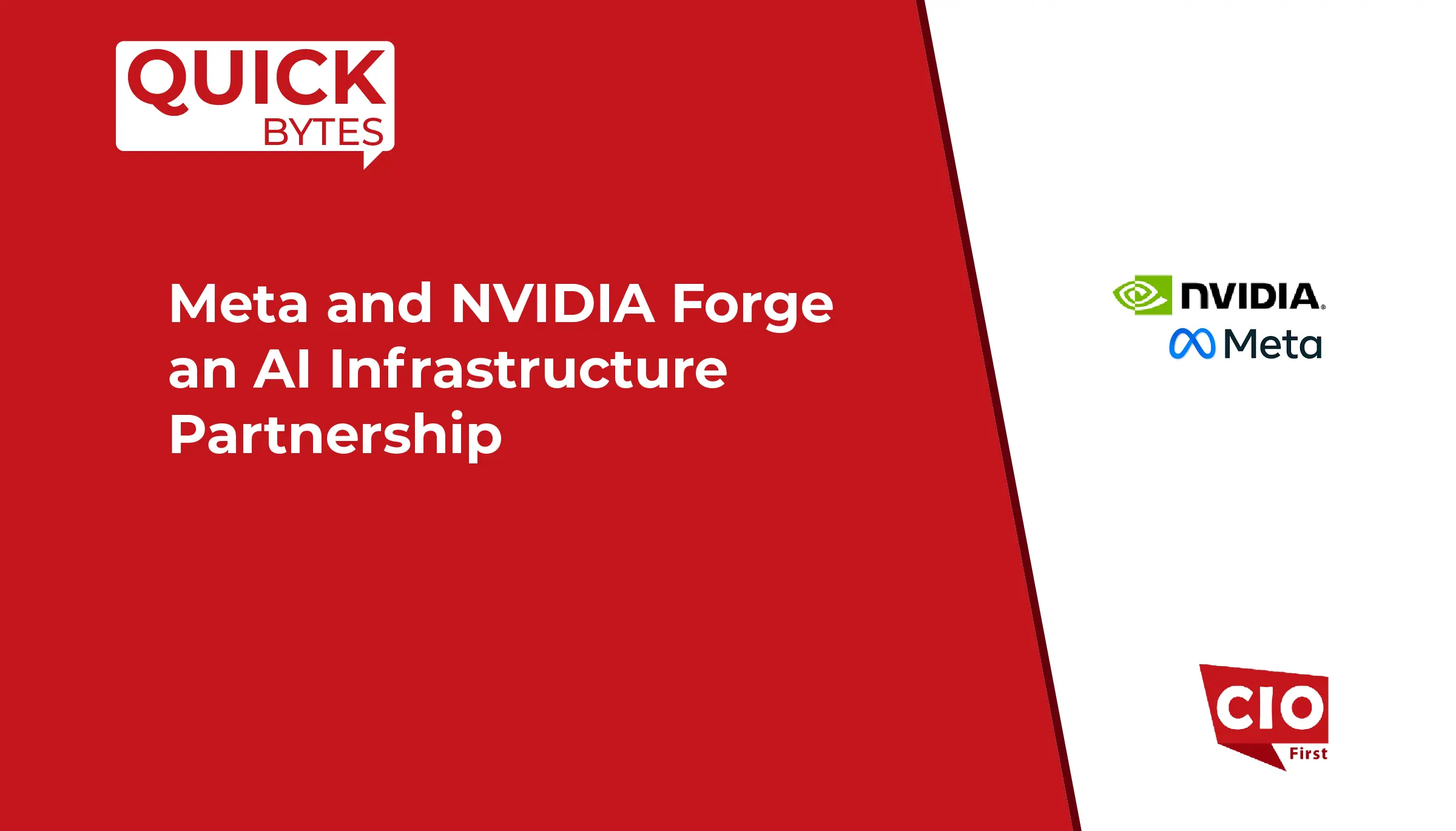In a significant step for the future of computing, IonQ announced, a strategic agreement with the University of Chicago to establish the IonQ Center for Engineering and Science on the university’s campus. Under the terms of the collaboration, IonQ will deploy a next-generation quantum computer and an entanglement-distribution quantum network at the university, marking the first time its production-grade quantum hardware has been located on an academic site.
The partnership brings the company’s commercially-grade quantum computing platform and research ecosystem together with one of the leading academic institutions in quantum science. IonQ will contribute to the construction of a new facility on the Chicago campus, and will partner with the university’s faculty to drive research in quantum hardware, networking, sensing, security and real-world applications spanning materials science, optimisation and advanced communication protocols.
What are the Key Features of the Collaboration
IonQ will install a cutting-edge quantum computer and a unique entanglement-distribution network at the University of Chicago. This setup will provide researchers with hardware and software tools previously limited to industry access.
The company will also join the Chicago Quantum Exchange (CQE). This is a large research group with federal labs and universities. Their participation will boost the regional quantum ecosystem.
The agreement is designed not only for research but to generate intellectual property that will feed into IonQ’s commercial product roadmap, linking academic innovation directly to industry growth.
The facility will sit adjacent to the university’s Pritzker School of Molecular Engineering and other science and technology research units, further anchoring the campus as a hub for deep-tech innovation.
How Will it Impact the IT Industry
This announcement highlights key trends in IT and infrastructure:
- Quantum Infrastructure Moves From Lab to Campus
Quantum computing systems have mostly been in research labs or cloud testbeds. Now, with production-grade quantum hardware at the University of Chicago, IonQ is speeding up the use of quantum technology in everyday academic and business settings. This shows that quantum is evolving from a science experiment to a key part of IT infrastructure.
- Integration of Quantum, Networking, and Security
Adding a quantum network for entanglement distribution changes everything. Quantum systems are no longer standalone. They connect with computing, communication, and security. For IT architects and infrastructure teams, future designs must manage quantum data flows, quantum-safe encryption, and hybrid classical/quantum workflows.
- Renewed Focus on Research-to-Commercial Pipeline
This agreement targets converting research into intellectual property and commercial use. So, IT organizations will feel more pressure to launch deep-tech innovations. IT teams may need to collaborate more closely with academic research, and rethink how they build long-term technology roadmaps to include quantum readiness.
- Skills, Talent and Ecosystem Evolution
As quantum systems become more embedded in research and enterprise settings, the IT workforce must evolve. Roles will shift from managing classical servers and cloud workloads to operating quantum hardware, hybrid quantum/classical algorithms, quantum network stacks and related infrastructure. The partnership underscores that talent pipelines, including academic, research and industry tracks, are critical for the next generation of IT capabilities.
Also Read: Akkodis Unveils Real-World AI Innovation Across Industries, Accelerating IT Transformation
Broader Business Effects
Beyond IT, the collaboration carries ramifications for businesses operating across sectors:
Competitive Edge Through Early Quantum Adoption: Organizations that partner with research hubs can develop quantum-aware skills sooner. This applies to areas like materials design, optimization, finance, logistics, or security. Early movers may gain a competitive advantage.
Shifting Investment in Infrastructure & Technology: Firms will increasingly consider quantum readiness as part of their technology strategy. Capital planning may begin to include quantum hardware access, partnerships or network upgrades to support quantum-safe systems.
Changing Ecosystem for Innovation: The link between academia, research institutions and commercial vendors is tightening. Businesses may find more opportunities to collaborate on quantum applications, sharing risk, research and commercialisation efforts.
Data & Security Implications: With quantum networks and computing becoming accessible, businesses must prepare for new paradigms of data encryption, quantum key distribution and quantum-resilient security models. This has long-term implications for how enterprises protect data and architecture performance.
What’s the Conclusion
The partnership between IonQ and the University of Chicago marks a vital step in quantum computing. It shows quantum technology is moving from labs to real-world use. Businesses should create technology roadmaps that include quantum, networking, security, and innovation. In a rapidly changing tech landscape, companies that invest early in quantum infrastructure and talent may gain an edge. This can help them tackle future challenges more effectively.
























